Sodium Tripolyphosphate STPP
₦15,000.00
Description
Sodium tripolyphosphate (STPP) is a widely used chemical in various industries due to its unique properties, including its ability to bind metals, soften water, and enhance cleaning efficiency. Here are some of the **key industrial applications of STPP**:
### 1. **Detergent and Cleaning Products:**
– **Laundry Detergents**: STPP is a major component in many laundry detergents. It acts as a **builder**, enhancing the cleaning power of the detergent by softening water, which allows the detergent to work more effectively. It prevents the minerals in hard water (like calcium and magnesium) from interfering with the detergent’s action, improving overall washing performance.
– **Dishwashing Detergents**: In automatic dishwashing formulations, STPP helps to prevent mineral deposits from forming on dishes and glassware. It also assists in breaking down food residues and removing grease.
– **Industrial Cleaners**: STPP is widely used in industrial cleaners to help dissolve grease, oil, and other contaminants, making it effective for cleaning machinery and surfaces in manufacturing plants and workshops.
### 2. **Water Treatment:**
– **Water Softening**: STPP is used in water treatment processes as a softening agent. It sequesters calcium and magnesium ions, preventing the formation of scale in pipes, boilers, and cooling towers. This helps improve the efficiency of water heaters, boilers, and other water-using equipment by preventing scale buildup.
– **Corrosion Prevention**: STPP can also act as a corrosion inhibitor in water systems, helping to protect metal surfaces from rust and degradation.
### 3. **Food Industry:**
– **Preservative and Emulsifier**: STPP is approved for use as a food additive (E451) in certain products, where it functions as an emulsifier and a preservative. It helps to retain moisture in processed meats, seafood, and poultry, improving texture and appearance. By binding water, it reduces weight loss during cooking and extends the shelf life of products.
– **Seafood and Meat Processing**: In seafood, such as shrimp or fish, STPP is used to improve the texture and maintain moisture levels. In processed meats like ham, sausages, and canned meats, it prevents excessive moisture loss, thus improving the product’s quality and tenderness.
– **Cheese and Dairy Products**: STPP is also used in processed cheese and dairy products to maintain texture and prevent the separation of fats.
### 4. **Ceramics and Construction Materials:**
– **Ceramic Production**: In ceramics, STPP is used as a dispersing agent during the production of ceramic bodies and glazes. It helps to improve the flow properties of ceramic slurries, ensuring that the final product has a uniform texture and fewer defects.
– **Construction Materials**: STPP is also used in the preparation of cement and building materials to enhance workability, prevent cracking, and improve durability.
### 5. **Textile Industry:**
– **Fabric Dyeing and Finishing**: STPP is used in the textile industry to assist in the scouring and dyeing of fabrics. It helps to remove impurities and improve the uniform absorption of dyes, resulting in more even and vibrant colors.
– **Water Softener in Textile Processes**: It is also used in textile processing as a water softener, ensuring that hard water minerals do not interfere with the washing, dyeing, or finishing processes.
### 6. **Paper and Pulp Industry:**
– **Paper Bleaching and Processing**: STPP is used in the paper and pulp industry to assist in the bleaching process. It helps to improve the quality of the pulp and enhance the brightness of paper products.
– **Dispersing Agent**: It also acts as a dispersing agent to prevent the formation of clumps during the processing of paper pulp, resulting in a smoother, higher-quality final product.
### 7. **Oil Drilling and Mining:**
– **Drilling Mud Additive**: In oil drilling, STPP is used as a dispersant in drilling muds, helping to reduce the viscosity of the mud and improving its ability to carry drill cuttings to the surface.
– **Ore Processing**: In the mining industry, STPP is used in flotation processes to help separate valuable minerals from unwanted materials, improving the efficiency of mineral recovery.
### 8. **Leather Industry:**
– **Leather Tanning**: STPP is used in the leather tanning process as a degreasing agent and to soften water. It helps in the removal of fats and other unwanted materials from animal hides, improving the efficiency and quality of the tanning process.
### 9. **Personal Care Products:**
– **Toothpaste**: STPP is used as an anti-tartar agent in toothpaste, where it helps to prevent the formation of calcium deposits (tartar) on teeth. It also enhances the stability and appearance of toothpaste formulations.
– **Cosmetics**: In cosmetics and personal care products, STPP can be used as a buffering agent and water softener, ensuring that products maintain their consistency and effectiveness.
### 10. **Agriculture:**
– **Fertilizers**: While less common, STPP can be used in some fertilizer formulations as a phosphorus source, providing an essential nutrient for plant growth. However, this use is more specialized compared to other phosphate-based fertilizers like superphosphate or ammonium phosphate.
### Environmental and Regulatory Concerns:
While STPP is highly effective in a wide range of applications, its use has raised environmental concerns, particularly in detergents. Phosphates, including STPP, can contribute to **eutrophication**—the excessive growth of algae in water bodies due to nutrient pollution.

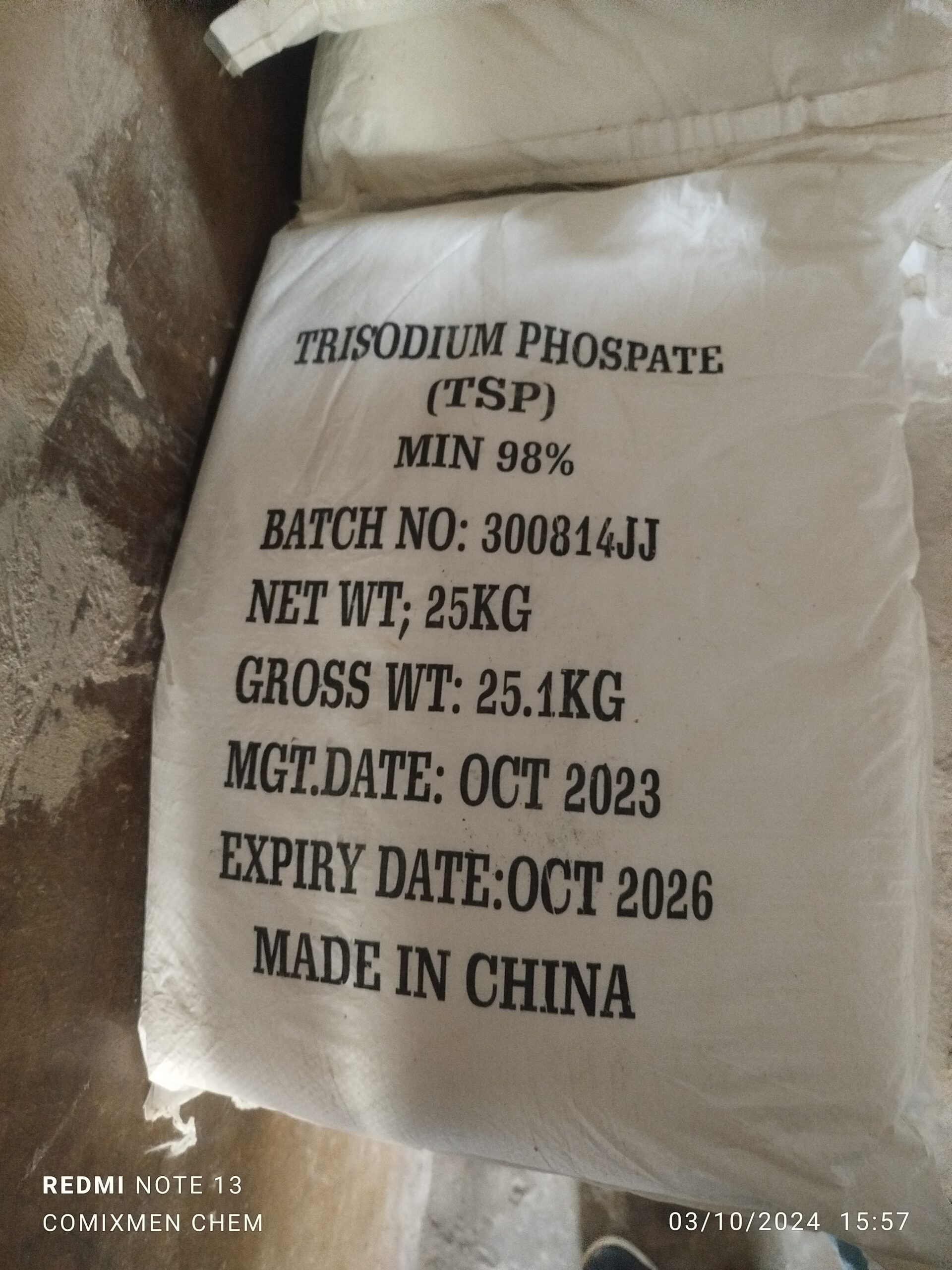
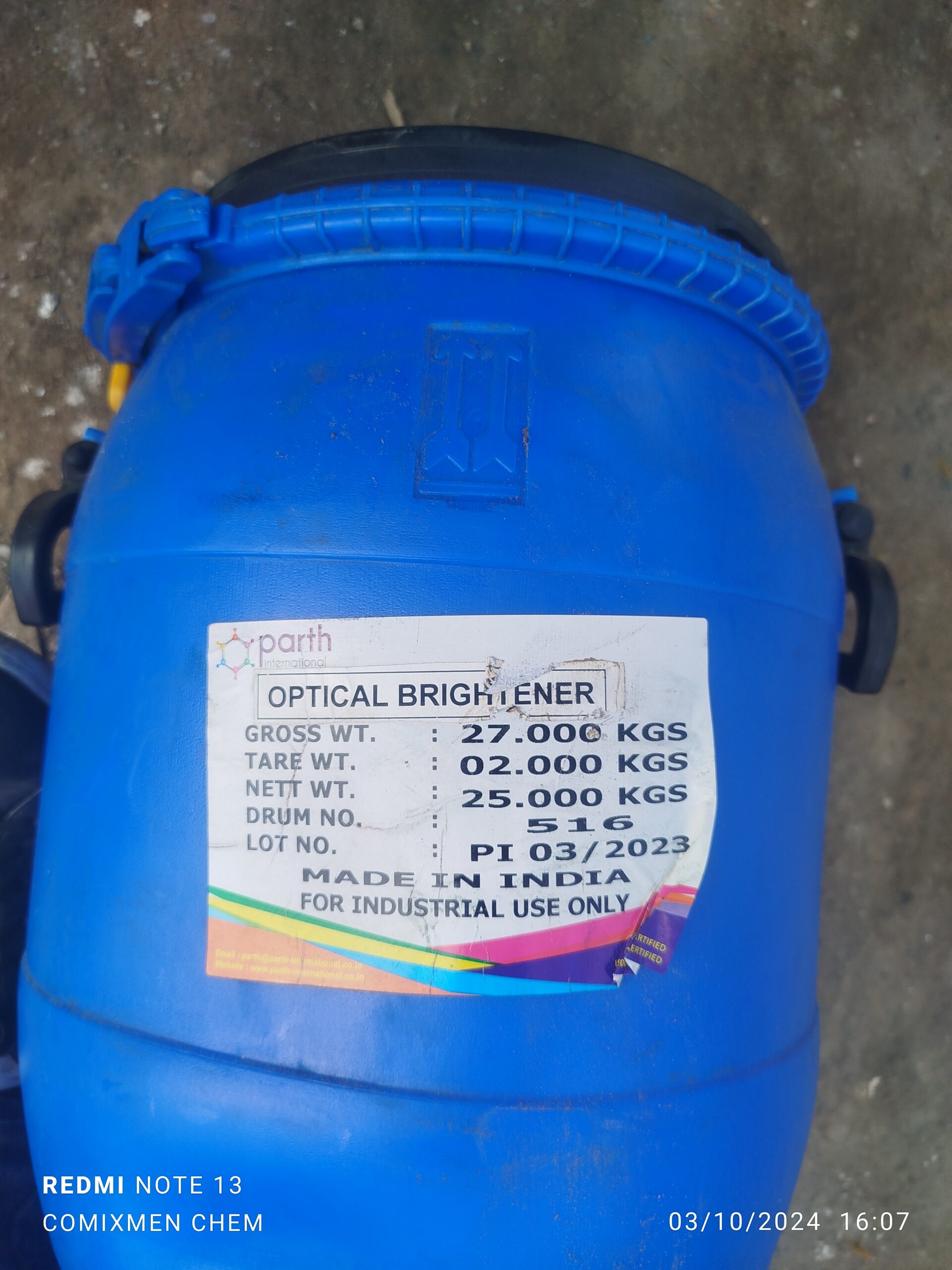
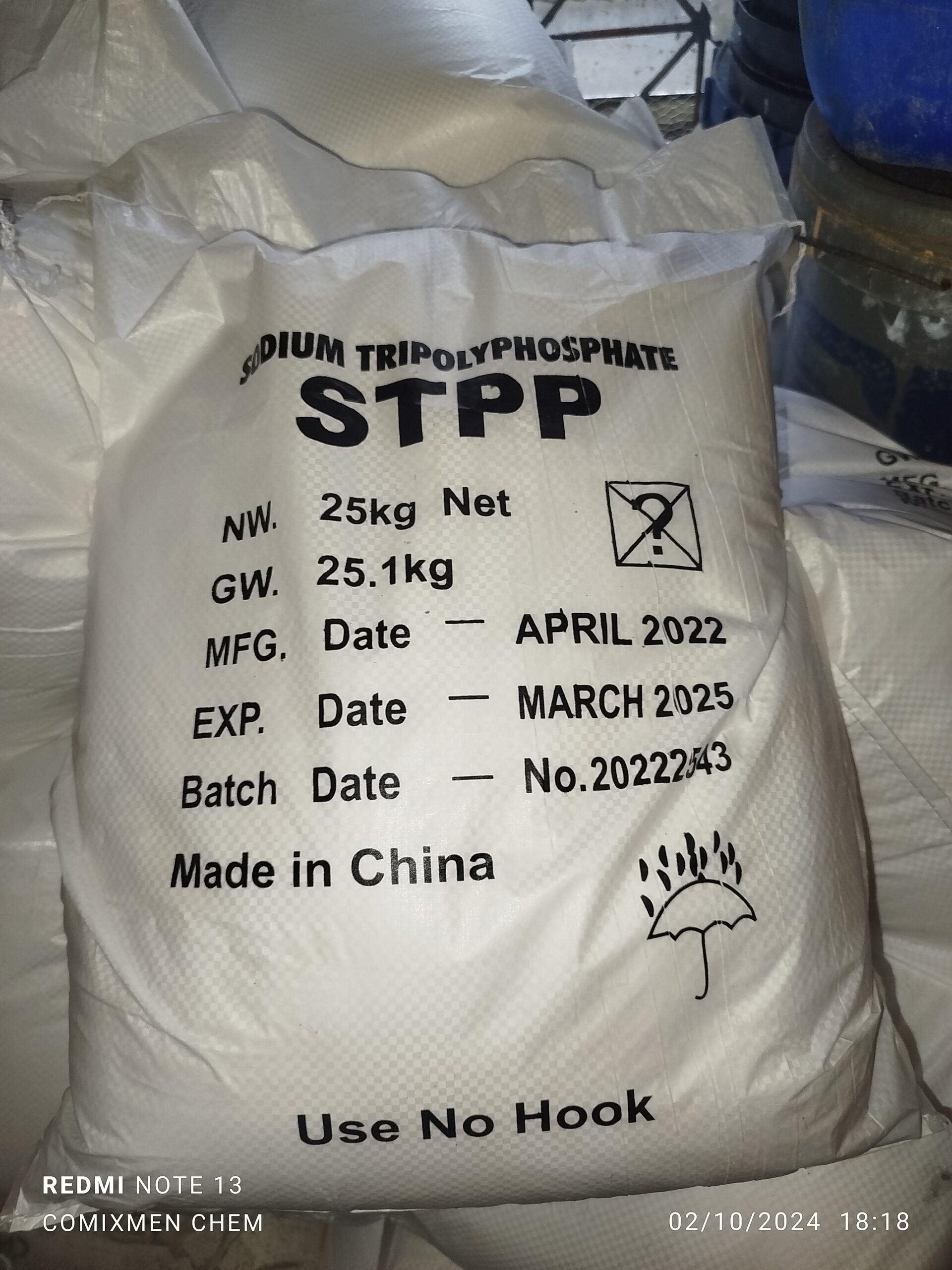
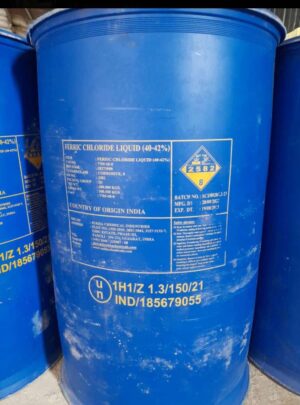
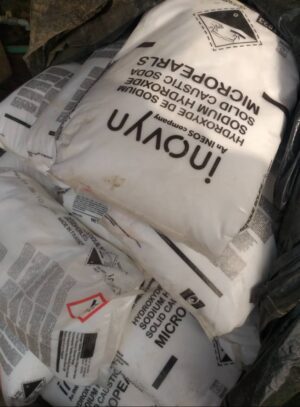
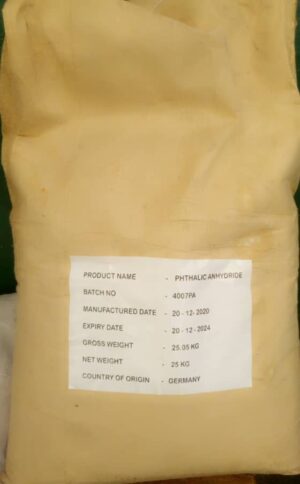
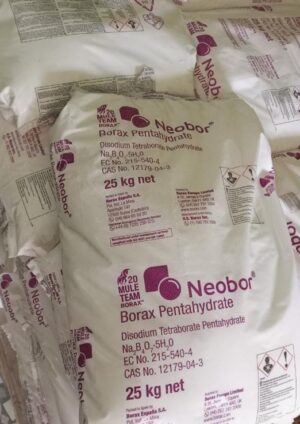
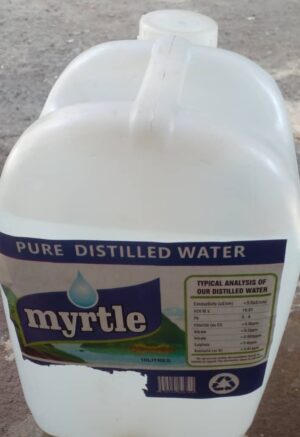
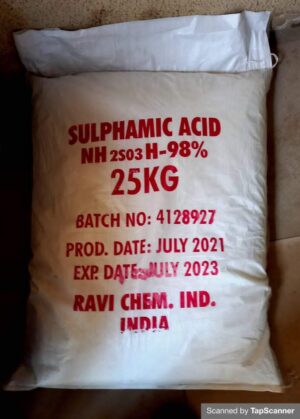
ThomasObels –
my canadian pharmacy rx
https://expresscanadapharm.com/# Express Canada Pharm
canadian pharmacy antibiotics
Lorenzokic –
Impressed with their wide range of international medications.
where to get cipro prices
Impressed with their dedication to international patient care.
BryanExify –
The team always keeps patient safety at the forefront.
gabapentin natural substitute
Making global healthcare accessible and affordable.
BryanExify –
Get information now.
how to buy cheap cytotec without dr prescription
Their international drug database is unparalleled.
BryanExify –
A touchstone of international pharmacy standards.
lisinopril capsule
Clean, well-organized, and easy to navigate.